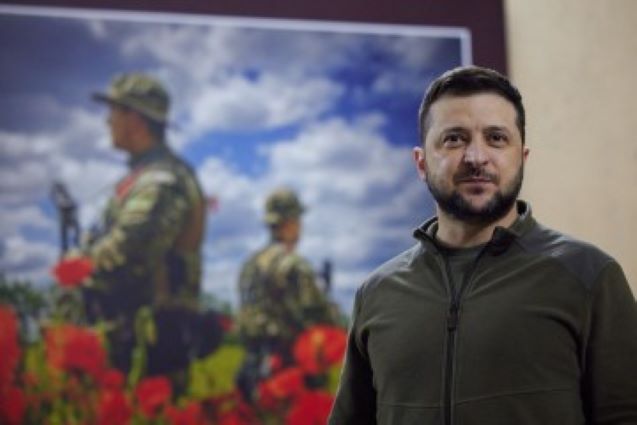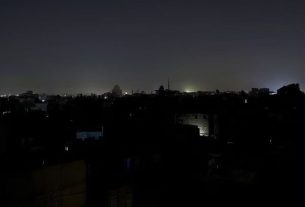In RIGA, Latvia, on Wednesday, Slovakia’s newly-elected left-populist government, located near Ukraine, upheld Prime Minister Robert Fico’s campaign promise to halt military aid for Kyiv in its conflict with Russia. This move marked a significant shift as Slovakia had previously been a staunch supporter of Ukraine. The rejection of a $43 million military aid package, which included rockets and ammunition, is unlikely to have a substantial impact on Ukraine’s battlefield capabilities but reflects growing weariness among Kyiv’s NATO supporters as Russia’s invasion approaches its two-year anniversary.
Fico and his far-left Smer party campaigned on ending military assistance, arguing that Slovakia had more pressing domestic issues. This stance was echoed by Hungarian Prime Minister Viktor Orban, who remains a close ally of Russian President Vladimir Putin within the European Union. Fico firmly stated, “I will support zero military aid to Ukraine,” emphasizing the need for an immediate halt to military operations and a shift towards peacemaking.
The aid package, proposed by the previous caretaker government, included air defense system rockets and millions of rounds of small arms ammunition, according to the Slovak Defense Ministry. Up until this point, Slovakia had been one of Ukraine’s most substantial supporters, approving over $700 million in assistance through 13 packages, even surpassing the contributions of the United States and Britain, as measured by donor countries’ gross domestic product.
Slovakia had previously sent Ukraine 13 Soviet-era MiG-29 fighter jets to help counter Russia’s air superiority, though Russia downplayed Slovakia’s role in supplying weapons to Ukraine.
Ukraine’s relations with another key supporter, Poland, have deteriorated due to a dispute over grain exports. Additionally, concerns have arisen about U.S. support for Ukraine’s defense, as Republicans in Washington removed $6 billion in aid for Ukraine from a short-term budget bill in early October.
Amidst international focus on the conflict in Israel’s Gaza, tensions have risen in Kyiv, prompting Ukrainian President Volodymyr Zelensky to seek stronger global support. In a positive development for Kyiv, the European Commission recommended opening formal membership negotiations with Ukraine, contingent on certain conditions related to fighting corruption and curtailing oligarch influence. This marks a pivotal step toward Ukraine’s European Union membership aspirations, with the final decision to be made by the 27 E.U. heads of state next month.
Simultaneously, Russia is strengthening its ties with China, with Putin highlighting their growing military cooperation during a meeting with a senior Chinese general. Moscow sees Beijing as a critical political and economic lifeline in the face of Western sanctions and isolation. Putin emphasized that their collaboration is not based on Cold War-style military alliances but plays a significant role in stabilizing the international situation, countering what he views as Western attempts to create tension in the Asia-Pacific region.__Courtesy thekashmirmonitor.net





